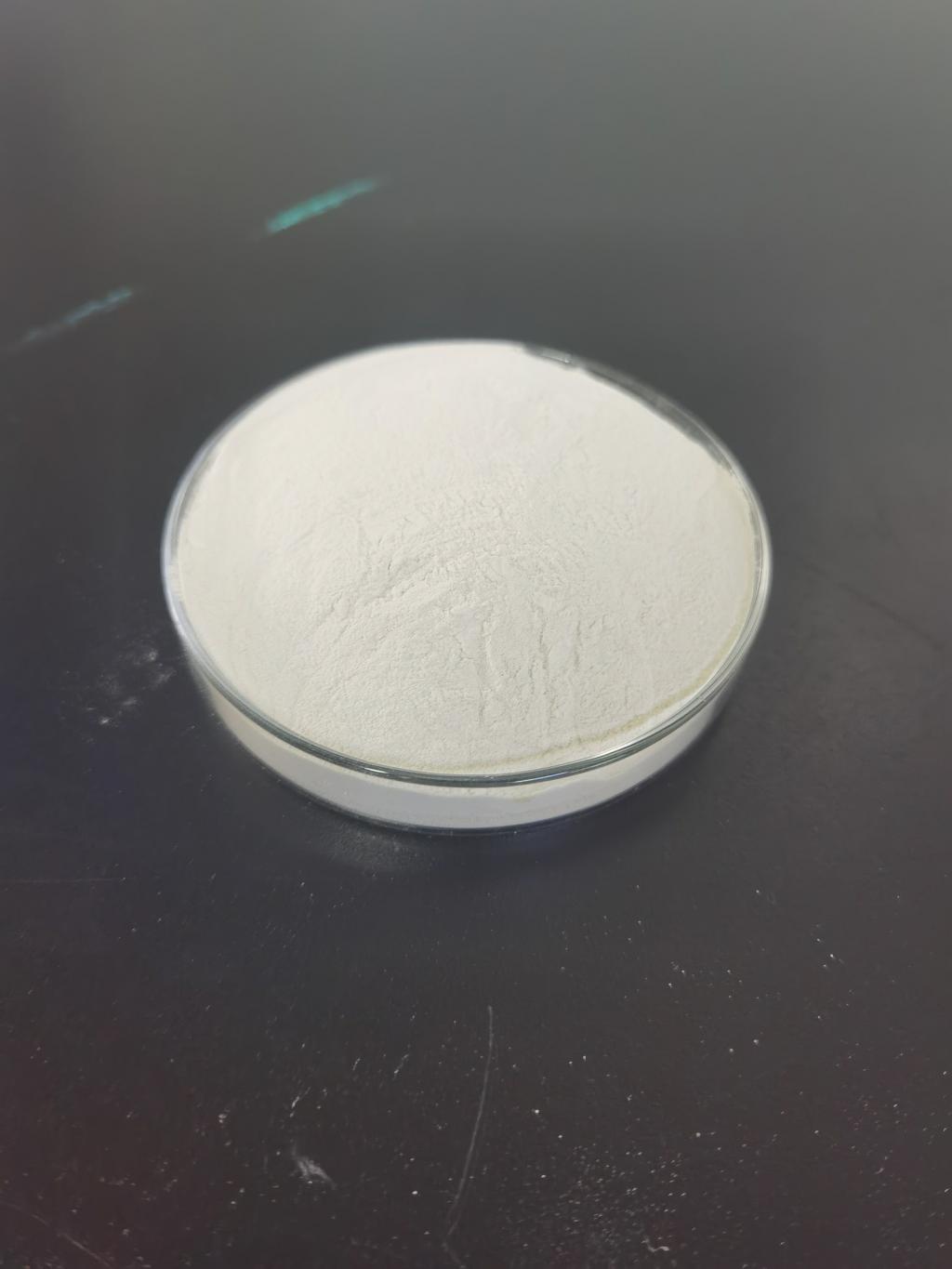Tel:+8618231198596

News
 CONTACT
CONTACT
 CONTACT
CONTACT
- Linkman:Linda Yao
- Tel: +8618231198596
- Email:linda.yao@dcpharma.cn
- Linkman:CHARLES.WANG
- Department:Overseas
- Tel: 0086 0311-85537378 0086 0311-85539701
News
Current Position:
Home >
News
>Nisin's role in reducing the use of synthetic chemical preservatives in food.
Nisin's role in reducing the use of synthetic chemical preservatives in food.
TIME:2024-04-25
Properties of Nisin:
Nisin is a polycyclic antibacterial peptide composed of 34 amino acid residues, with a molecular weight of approximately 3.5 kDa. It is heat-stable, pH-stable, and resistant to proteolytic enzymes, making it suitable for a wide range of food applications. Nisin exhibits broad-spectrum antimicrobial activity against a variety of Gram-positive bacteria, including foodborne pathogens such as Listeria monocytogenes and Staphylococcus aureus.
Mechanisms of Action:
The antimicrobial activity of Nisin is primarily attributed to its ability to disrupt the integrity of bacterial cell membranes. It binds to lipid II, a precursor molecule involved in cell wall synthesis, leading to the formation of pores in the cell membrane and subsequent leakage of intracellular components, ultimately resulting in cell death. Additionally, Nisin may also interfere with other cellular processes, such as DNA and RNA synthesis, further contributing to its antimicrobial effects.
Applications of Nisin:
Nisin has been approved for use as a food preservative in many countries, including the United States, European Union, and Japan. It is commonly used in a variety of food products, including dairy, meat, poultry, seafood, and canned foods. In dairy products, Nisin can inhibit the growth of spoilage and pathogenic bacteria, extending the shelf life of products such as cheese and yogurt. In meat and poultry products, Nisin can control the growth of pathogens like Listeria monocytogenes, improving food safety.
Benefits of Nisin:
The use of Nisin as a natural preservative offers several advantages over synthetic chemical preservatives. Firstly, Nisin is derived from natural sources and is considered safe for consumption, with no known adverse effects on human health. Secondly, Nisin is effective at low concentrations, allowing for minimal impact on the sensory qualities of food products. Additionally, Nisin has been shown to have synergistic effects when used in combination with other preservatives, further enhancing its antimicrobial activity.
Conclusion:
In conclusion, Nisin represents a promising natural alternative to synthetic chemical preservatives in food. Its broad-spectrum antimicrobial activity, safety profile, and compatibility with various food matrices make it a valuable tool for extending the shelf life of food products while reducing reliance on artificial additives. As consumer demand for clean-label and minimally processed foods continues to grow, the use of Nisin is likely to become increasingly prevalent in the food industry, contributing to safer and more sustainable food systems.
- Tel:+8618231198596
- Whatsapp:18231198596
- Chat With Skype







